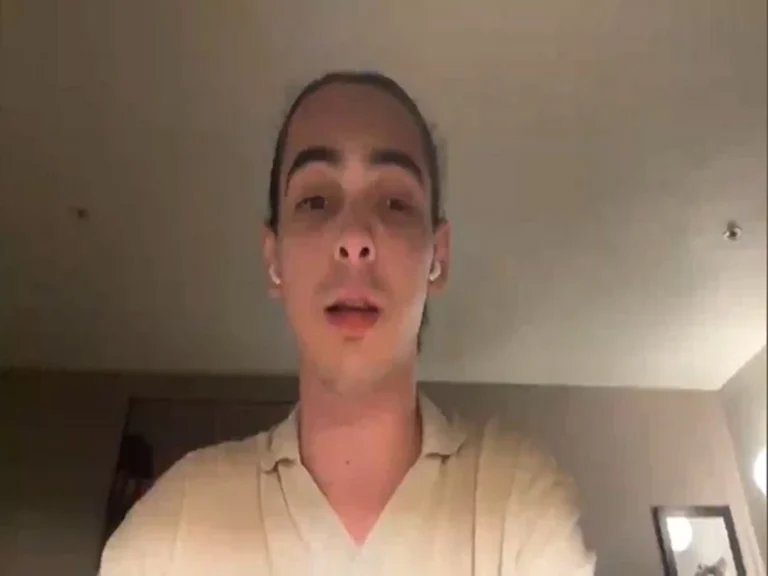The Patan High Court in Nepal has issued a temporary protection order for journalist Dil Bhusan Pathak. This ruling stops authorities from arresting him after he reported possible financial links between Jaibir Deuba, the son of Foreign Minister Arzu Rana Deuba, and a new luxury hotel in Kathmandu.
The case began when Pathak made claims on his YouTube program suggesting that Jaibir Deuba had purchased a five-star property through questionable financial methods. Following the report, Deuba filed a complaint that led to an arrest warrant against Pathak. But the high court stepped in before police could act on the warrant.
Judge Rishi Bhandari, who is overseeing the case, reviewed Pathak’s petition and agreed that there was enough reason to stop any arrest for now. He ordered both sides to attend a hearing on June 19 for further legal review. Until then, Pathak cannot be detained or charged in connection to his report.
The case has quickly gained attention in Nepal and abroad. Supporters of press freedom say the arrest warrant is an example of how journalists are being silenced for exposing potential misconduct by powerful figures. Critics argue that Pathak should have had stronger proof before making serious accusations online.
Pathak, who is well-known in Nepal for his work in television and online media, said he was only doing his duty as a journalist. He believes his report raised questions that the public has a right to know about, especially since they involve the family of a senior government minister.
The complaint by Jaibir Deuba claims the report was false and damaging to his reputation. However, legal experts point out that issues like this should be handled through civil defamation cases—not criminal arrest orders. They warn that targeting journalists with criminal procedures could set a dangerous trend in Nepal’s democratic system.
This legal battle also brings up questions about the proper way to handle allegations against public figures. Some lawyers say the complaint was filed too quickly and that the court needs to carefully examine whether the journalist acted in the public interest.
Human rights advocates and media groups have spoken out in support of Pathak. They stress that press freedom is a key part of any democracy and must be protected from political pressure. They also worry this case could have a chilling effect on other journalists who want to report on the actions of public officials.
Nepal has had a mixed record on press freedom in recent years. While the country’s laws protect free speech, journalists have faced increasing pressure through legal threats, online abuse, and political interference. The current case could become a test for how well Nepal’s legal system can balance personal rights with freedom of the press.
As the June 19 hearing approaches, the outcome could have wide-ranging effects. If the court supports Pathak, it may signal stronger protection for journalists across Nepal. But if it allows further legal action against him, it may embolden those seeking to silence the media through court orders.
For now, Pathak remains free and says he is ready to appear in court. He hopes the legal process will be fair and that his reporting will be seen as a necessary part of holding public figures accountable.


